Social Media & Personal Mental Health
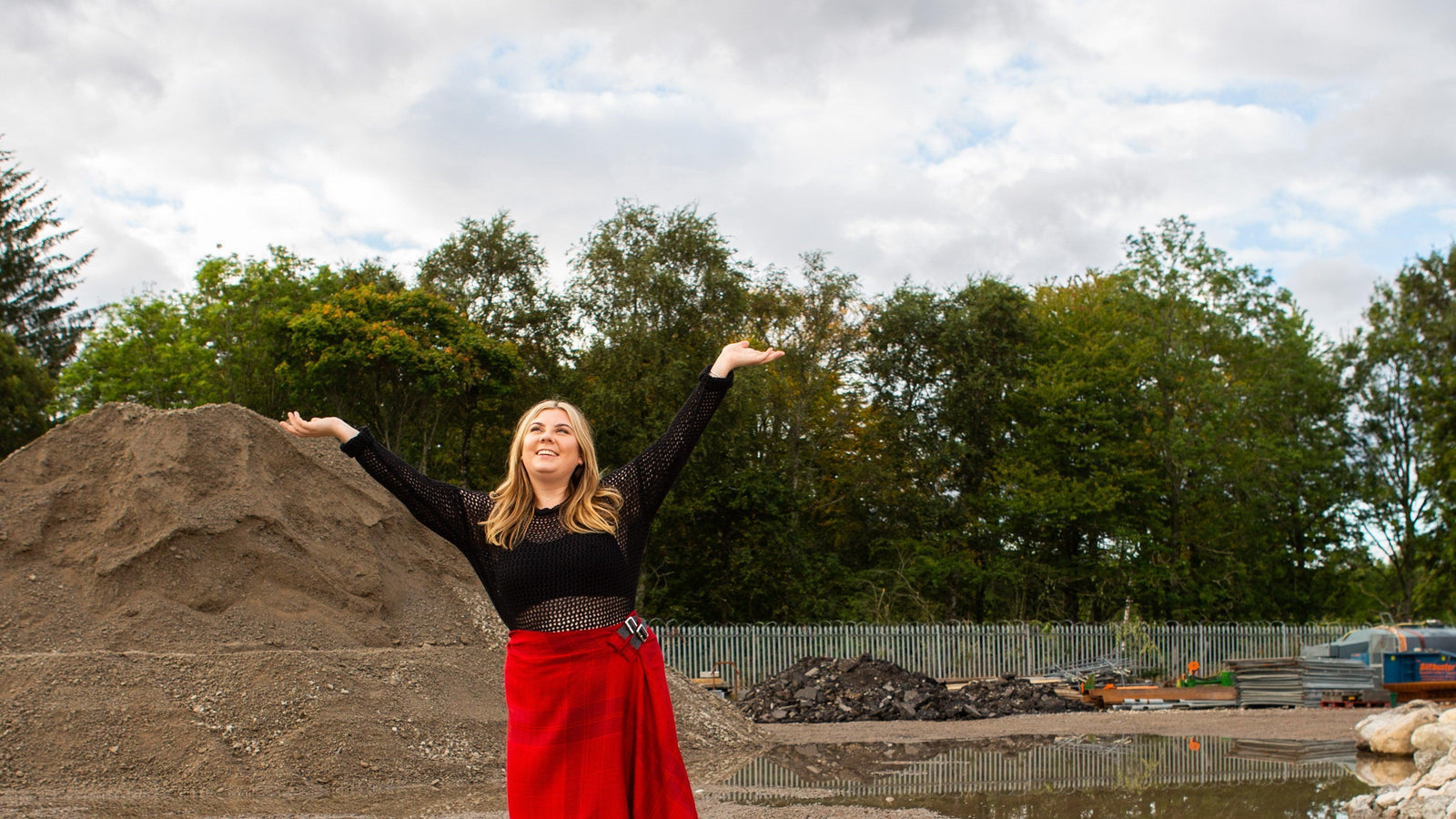
Look Up – just for a moment – glance around you and what do you see?
How often in a day do we actually look up? When did this start, our heads bent down, our scrolling, our complete dependency on a mobile device to feel valued, informed, part of a community.
Is that perhaps we are being manipulated and controlled day in and day out? It is a big question we think people are asking more and more. Does social media have a reinforcing nature, in that using it, it activates the brain’s reward centre by releasing dopamine, the ‘feel good chemical’ linked to make you feel happy?. Are social media platforms designed to be addictive and are they associated with anxiety, depression and even physical ailments. We know for everyone it will all be different, different levels of impact but is it around the same emotion pools?
Could it be that to boost self- esteem and feel a sense of belonging in social circles, people post content with the hope of positive feedback, couple that with the potential of future reward and you then get the recipe of constantly checking platforms, the addiction is real, what do you think?
Screen times are interesting, that is if we check them, maybe we are frightened to look? Have we all been guilty of allowing it to creep up to over 10 hours, especially during covid lockdowns and managing to reduce this screen time has been very difficult.
Questions to ask yourself in relation to your social media use are;
- Do you spend a lot of time thinking about social media or planning to use it?
- Do you feel the urge to use social media more and more?
- Do you use social media to forget about personal problems?
- Do you try to reduce your use without success?
- Do you become restless or troubled if unable to use social media
- Does the use of social media have a negative impact on your job or studies?
A yes to 3 of these questions may indicate you have a social media addiction. At Prickly Thistle we have come to realise that we do not want to fuel yours or our addiction to these platforms. We were yes to all 6!
A 2018 Study tied social media use to decreased, disrupted and delayed sleep which is associated with depression, memory loss and poor cognitive performance. The suggestibility of the algorithm and AI is often out of control and Social Media has admitted that they can lose control of what is shown to people as AI takes over.
Look at Molly Russell what a beautiful, tragic 14 year old who was probably going through what many 14 year old’s go through during puberty, doubting herself, feeling anxious however the social media algorithm and AI flooded her feed with large amounts of content relating to suicide, depression, self-harm and anxiety on Instagram and Pinterest before she died in 2017.
At the Inquest into Molly's death the Coroner Ian Walker ruled that Molly ‘died from an act of self-harm while suffering from depression and the negative effects of online content'. He said that algorithms that curate a social media user’s experience had pushed harmful content to Molly that she had not requested and some on the content ‘romanticised’ acts of self-harm and sought to discourage users from seeking professional help. This is the wake up call that is needed for social media users, social media is causing deaths, Molly’s is not the first but it is the first that it has been legally recognised in an inquest on cause of death.
We are listening and will no longer be part of this, your mental health is so important to us, your life is important to us. This is a REAL rebellion, and we are coming of social media and moving to a kinder more caring way of connecting with you . We will be looking up and want you to do so too, are you with us?
What will SHE say in 200 years?....
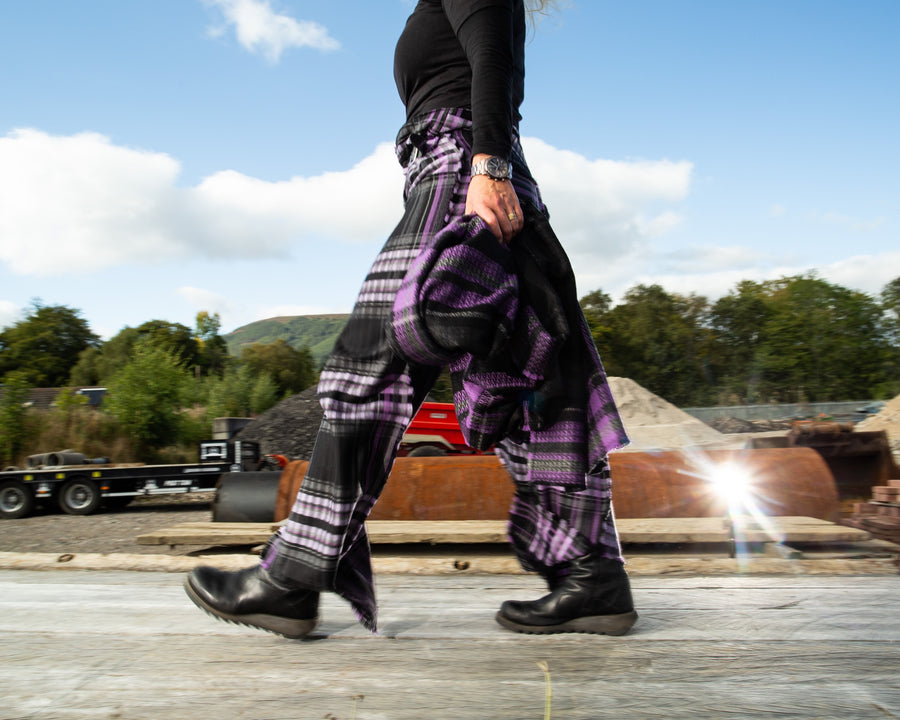
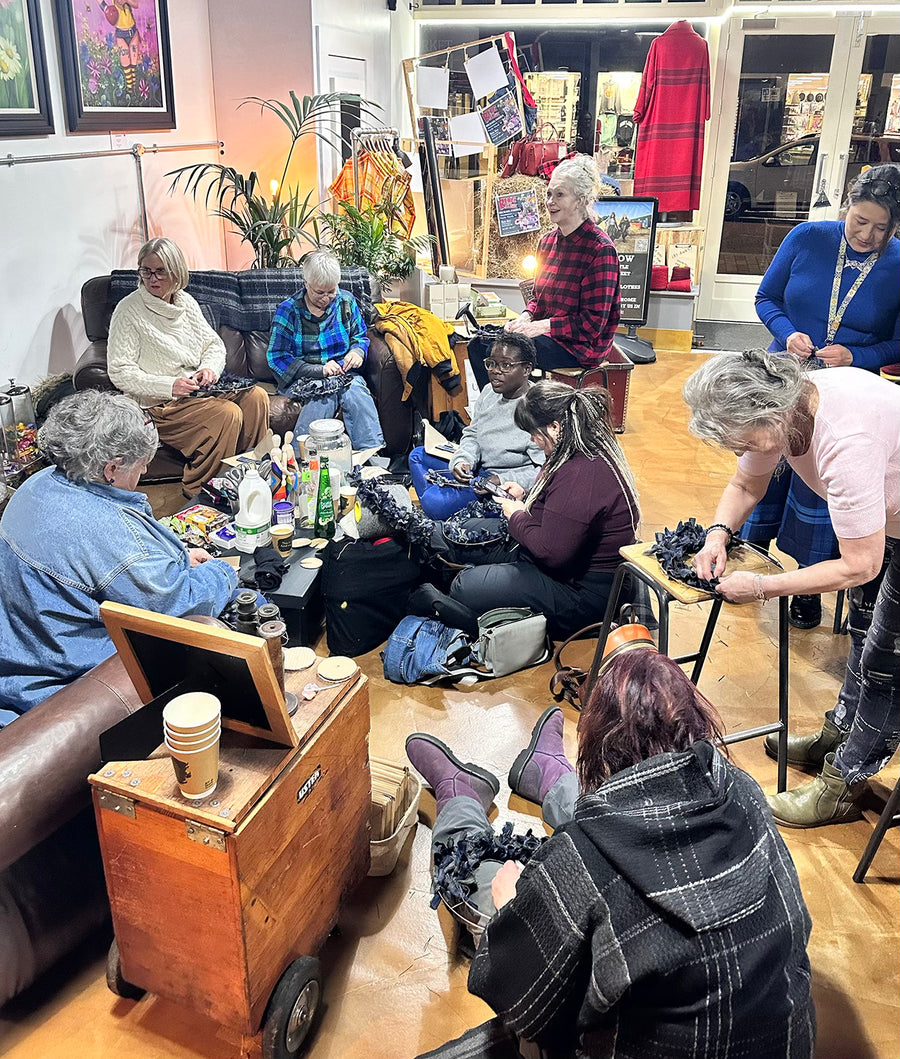
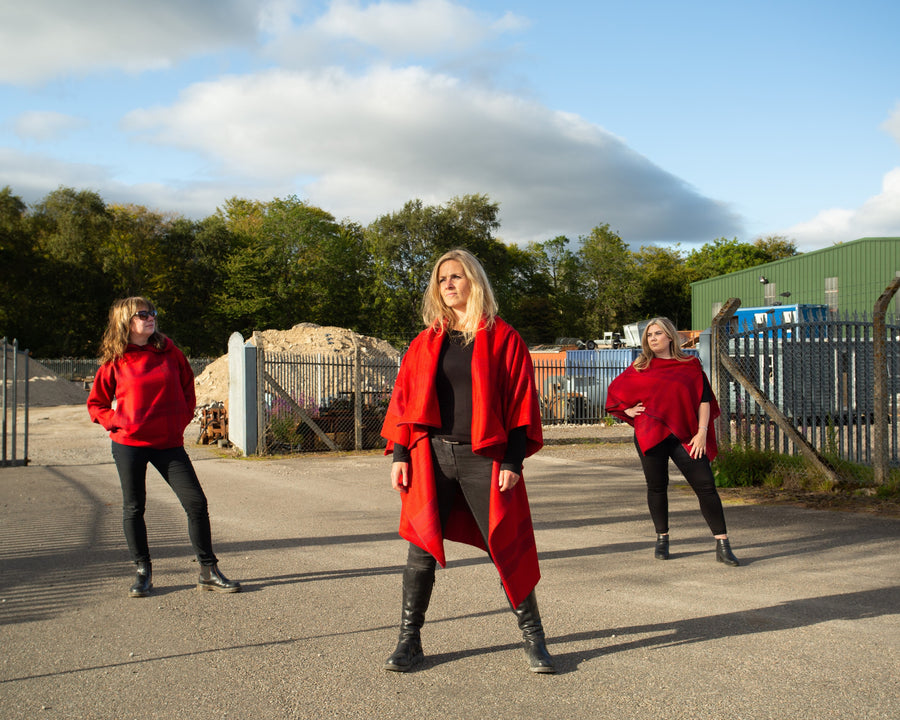
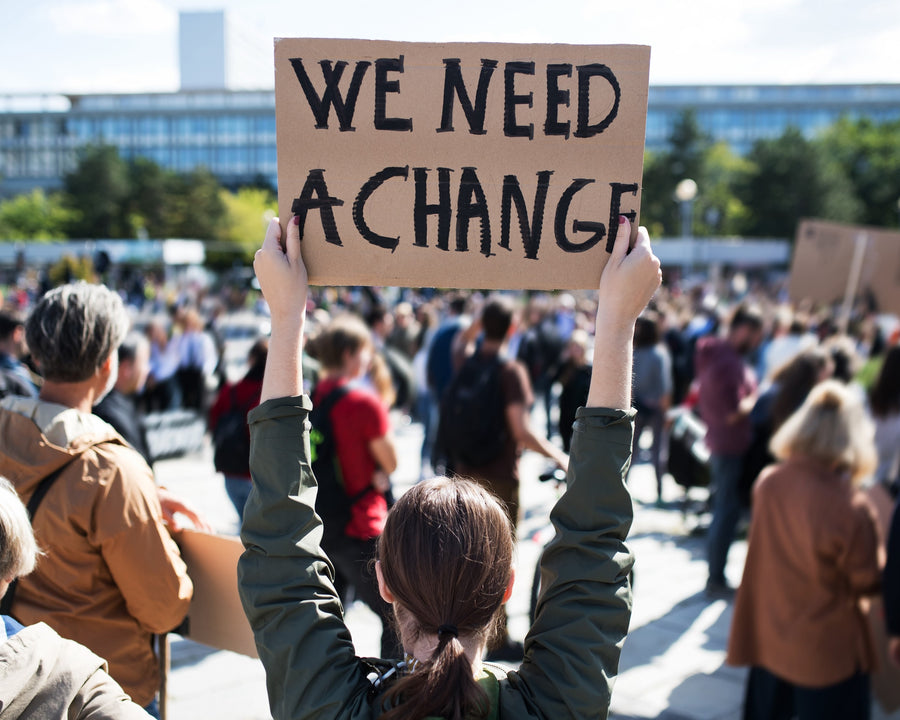
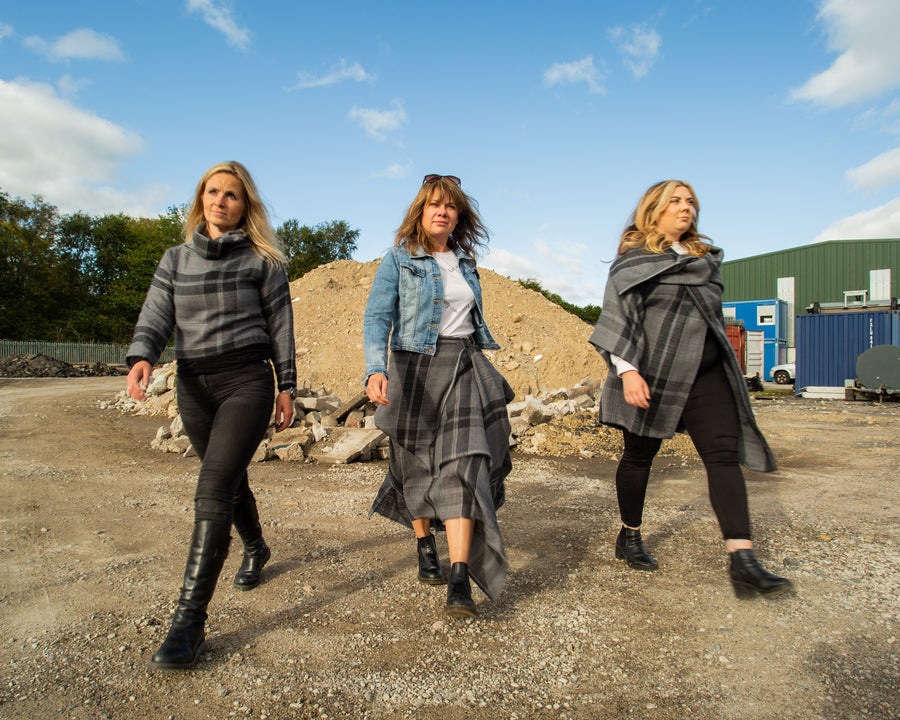
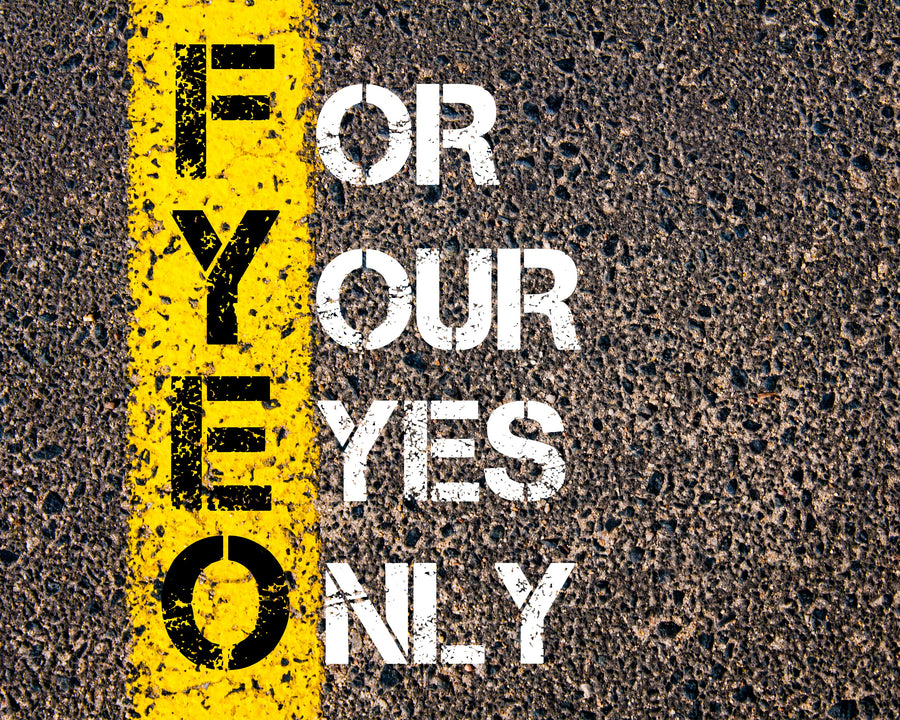
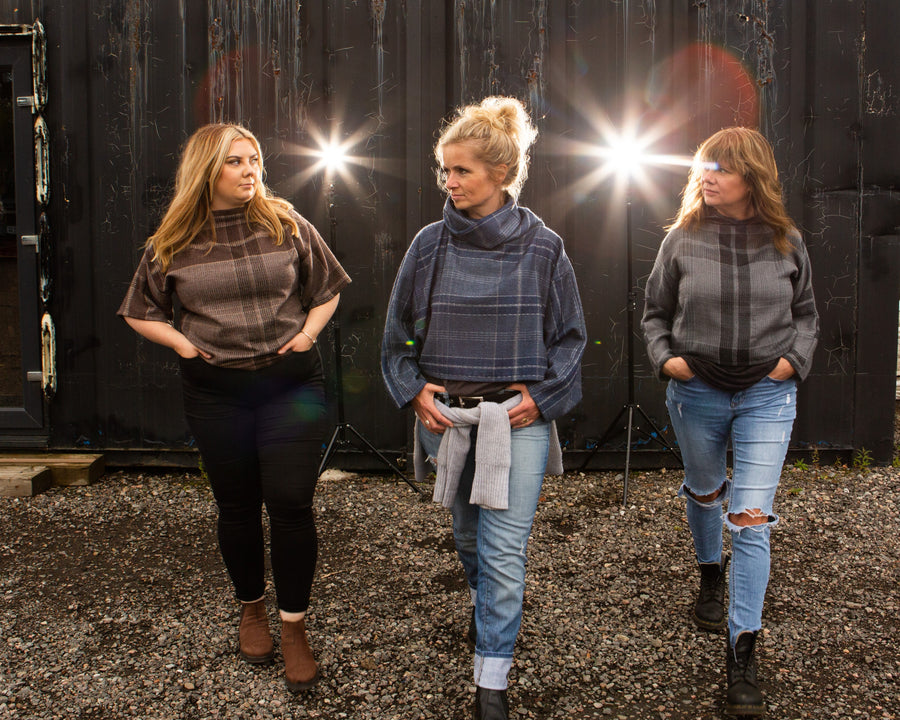
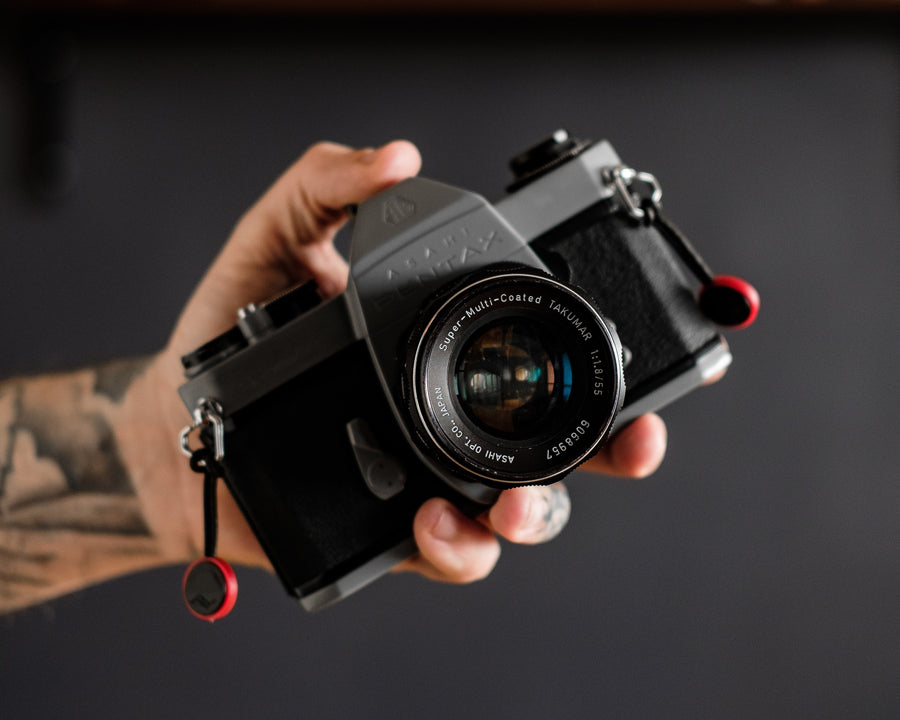
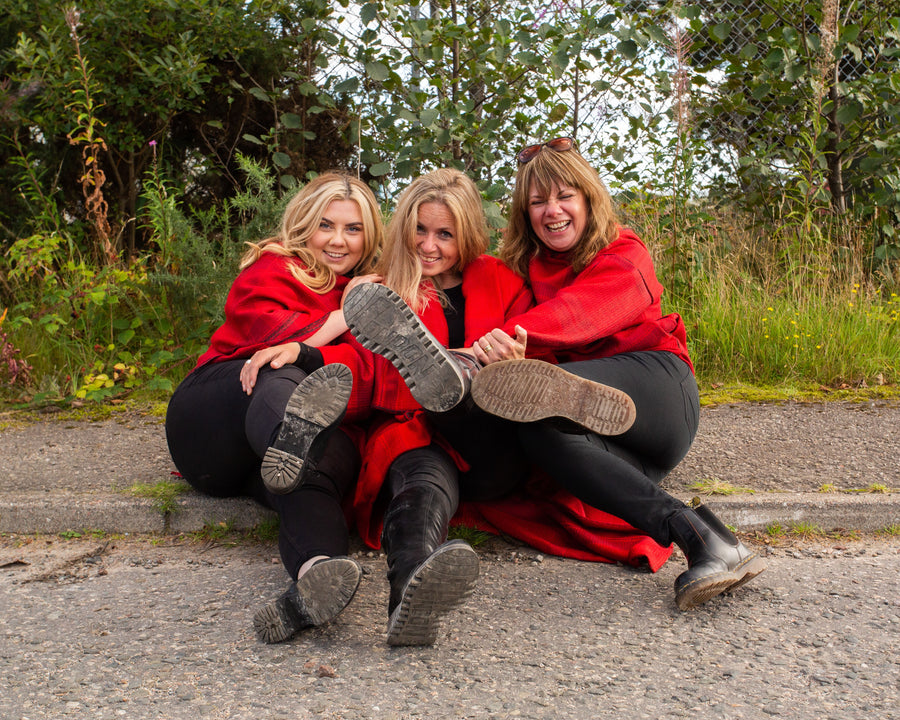
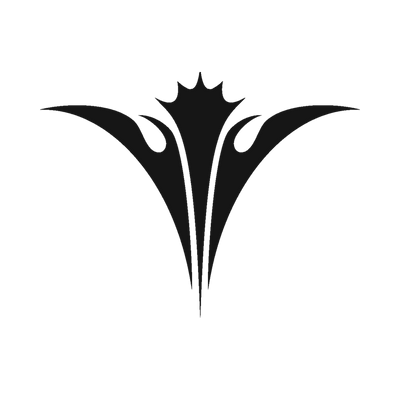


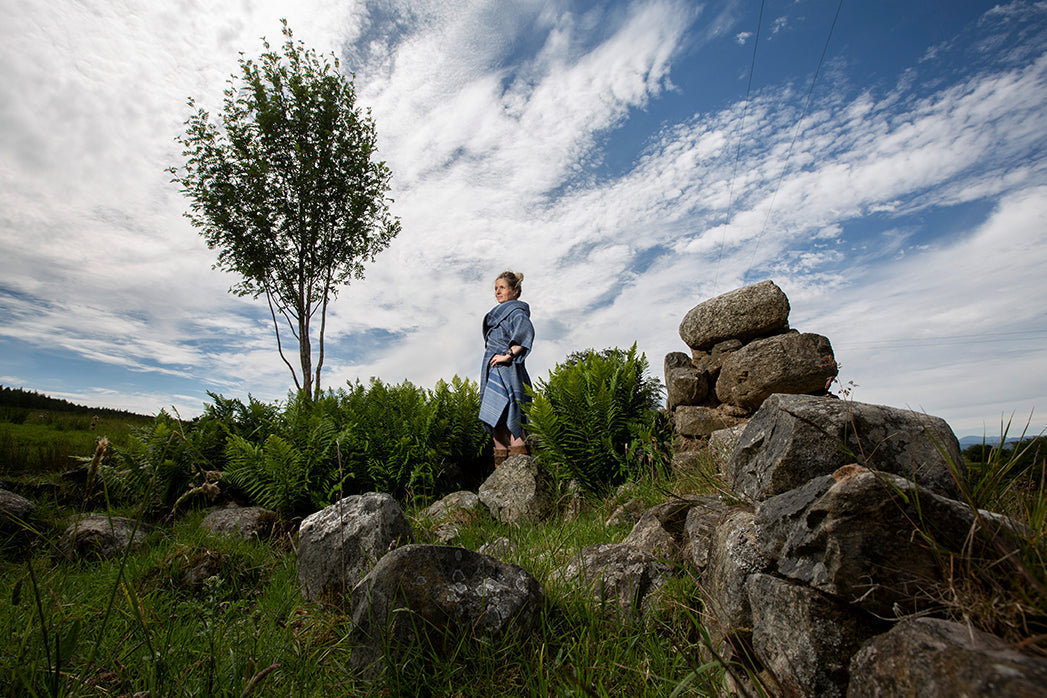

Share Your Thoughts